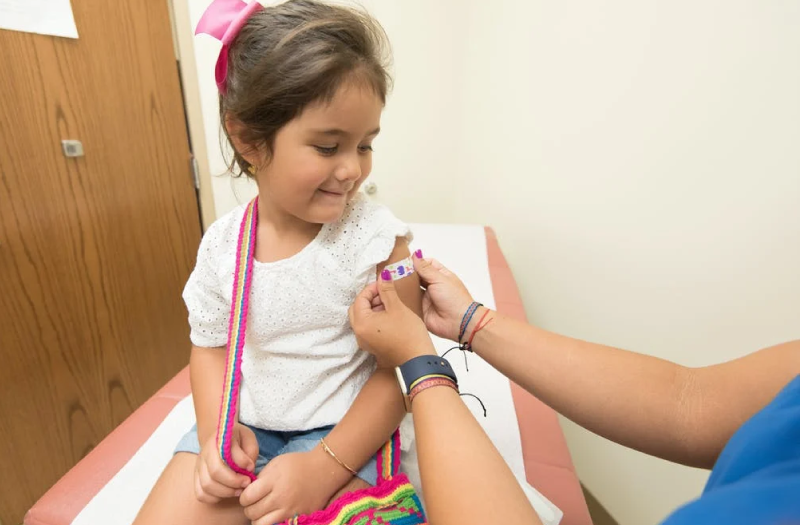Millions of People Shielded From Surprise Medical Bills in 2022
January 1, 2022
The No Surprises Act, which came into effect on January 1, 2022, will shield millions of Americans from surprise medical bills, which include unexpected bills from an out-of-network provider or facility as well as an out-of-network air ambulance provider.
According to Centers for Medicare & Medicaid Services (CMS), surprise billing in private insurance for most emergency care and many instances of nonemergency care will be banned. Under the act, uninsured and self-pay patients are also required to receive key information such as overviews of anticipated costs and details about their rights.
"The No Surprises Act offers significant relief to people across the country, and reinforces our fundamental belief that no one should go bankrupt when seeking necessary care," said CMS Administrator Chiquita Brooks-LaSure. "We are making it easy for consumers to know and understand their rights under the law, including what they can do if they receive a surprise medical bill. Consumers will not only benefit from these rights, but also will be empowered with the knowledge to address potential violations."
Key evidence on surprise billing and the need for the consumer protections in the No Surprises Act was reviewed in a recent report by the US Department of Health and Human Services Office of the Assistant Secretary for Planning and Evaluation.
"The report showed that surprise billing is common among those with private insurance-nearly one in five patients who go to the emergency room, have an elective surgery, or give birth in a hospital receive surprise bills, with average costs ranging from $750 to $2600 per episode," stated CMS in a press release.
The rules that took effect January 1, 2022 for people who have health coverage through an employer, a health insurance marketplace, or an individual health plan purchased directly from an insurer are as follows, according to CMS:
- "Bans surprise bills any time you receive emergency care, and require that cost sharing for these services, like co-pays, always be based on in-network rates, even when care is received without prior authorization."
- "Bans surprise bills from certain out-of-network providers if you go to an in-network hospital for a procedure. This means cost sharing for certain additional services during your visit will generally be based on in-network rates."
- "Requires providers and facilities to share with patients easy-to-understand notices that explain the applicable billing protections and who to contact if they have concerns that a provider or facility has violated the new surprise billing protections."
In addition, providers will be expected to offer a "good faith estimate" of costs before initiating nonemergency care for people without health insurance or those who are are self-pay consumers.
"For an uninsured or self-pay consumer getting surgery, for example, the estimate would include the cost of the surgery, as well as any labs, other tests, and anesthesia that might be used during the procedure," stated CMS.
Further, if the final bill exceeds the good faith estimate by $400 or more, the final charges can be disputed under this act.
Reference:
HHS Kicks Off New Year with New Protections from Surprise Medical Bills. Centers for Medicare & Medicaid Services. January 3, 2022. https://www.cms.gov/newsroom/press-releases/hhs-kicks-new-year-new-protections-surprise-medical-bills
SOURCE:







